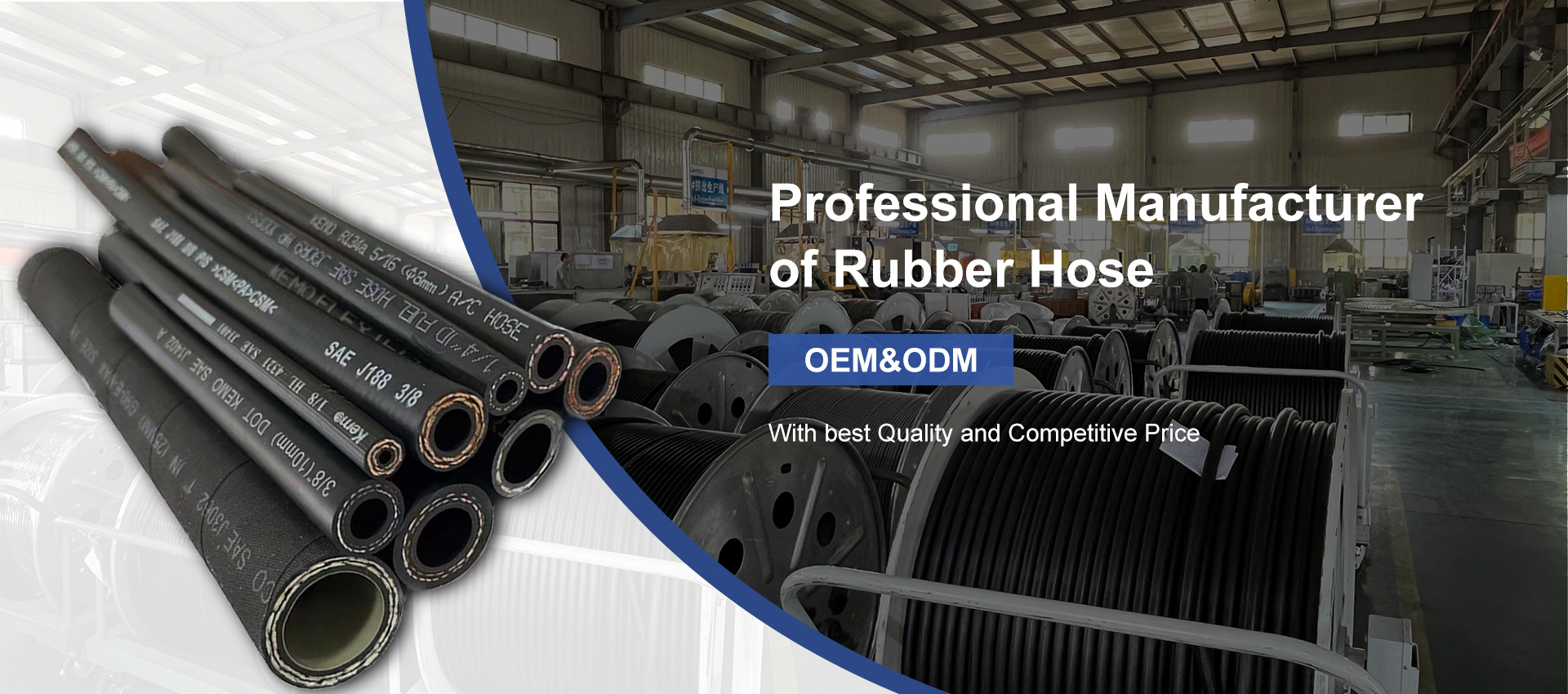ac flexible hose
Sep . 28, 2024 17:30 Back to list
ac flexible hose
The Versatility of AC Flexible Hoses Enhancing Efficiency in HVAC Systems
In modern heating, ventilation, and air conditioning (HVAC) systems, the choice of components significantly influences overall performance and energy efficiency. One such critical component is the AC flexible hose. These hoses offer a myriad of advantages over traditional rigid piping systems, making them an indispensable element in contemporary HVAC installations.
AC flexible hoses are designed to accommodate movement and vibrations within HVAC systems. This flexibility is particularly crucial in buildings where thermal expansion and contraction occur frequently due to changing temperatures. Unlike rigid pipes that may crack or break under stress, flexible hoses can absorb these fluctuations without compromising the integrity of the system. As a result, HVAC installations using flexible hoses generally require less maintenance and experience fewer breakdowns over time.
The Versatility of AC Flexible Hoses Enhancing Efficiency in HVAC Systems
In addition to their ease of installation, AC flexible hoses provide improved airflow and efficiency. Their smooth inner lining ensures minimal resistance, which helps maintain optimal airflow throughout the system. This efficiency is particularly essential in commercial HVAC applications, where thousands of cubic feet of air need to be moved daily. By enhancing airflow, flexible hoses contribute to better temperature regulation and energy savings, benefiting both the environment and the end users.
ac flexible hose

Durability is another aspect that sets AC flexible hoses apart. Many modern flexible hoses are constructed from high-grade materials that resist wear and tear, corrosion, and temperature fluctuations. These hoses are often reinforced with multiple layers, providing not just flexibility but also strength to withstand high-pressure systems. This durability translates into a longer lifespan for the HVAC system, ultimately leading to reduced replacement costs and resource use over time.
Moreover, AC flexible hoses are available in various sizes and materials, allowing for customization to meet the specific needs of a project. Whether it's for residential air conditioning or large-scale commercial systems, there are flexible hose options designed to fit any application. This versatility further underscores their popularity among HVAC professionals.
Finally, it is essential to consider the growing emphasis on sustainability in today’s construction and maintenance practices. AC flexible hoses can play a role here as well. Their lightweight design means that transporting them consumes less energy, and their compatibility with modern, more efficient HVAC technologies supports the shift toward greener practices.
In conclusion, AC flexible hoses represent a significant advancement in HVAC technology. Their flexibility, ease of installation, enhanced airflow, durability, versatility, and sustainability make them an ideal choice for a wide range of applications. As the demand for more efficient and adaptable heating and cooling solutions continues to grow, these essential components will undoubtedly remain at the forefront of HVAC system design and implementation.
